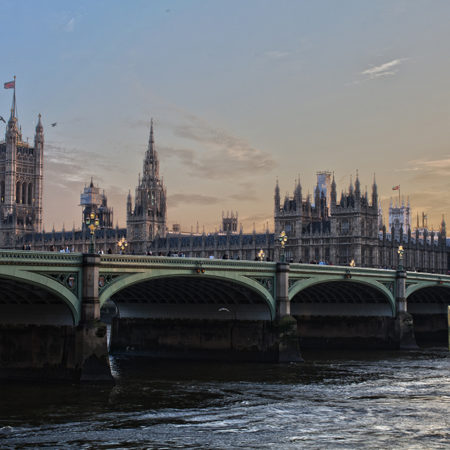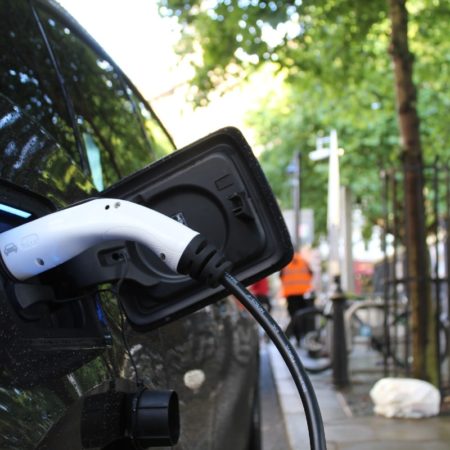FTSE 100 companies are increasingly making environment, social and governance (ESG) measures a condition of executive remuneration, new analysis from PwC has found.
PwC’s latest ESG executive pay report shows that 58% of the FTSE 100 now link ESG measures to executive pay, an increase of nearly one third on last year, when 45% of companies had these measures.
Just under half of companies (46%) had an ESG measure in their annual bonus for 2020, while almost one third (32%) incorporated an ESG measure into the assessment of their 2021 long-term incentive plans (LTIP). The average weighting of ESG measures is 16% in the bonus and 20% in the LTIP.
Net zero expectations
The research also found that 28% of FTSE 100 companies have a measure linked to decarbonisation and net zero, with two thirds of investors believing that ESG performance measures and targets should be included in executive pay.
The analysis reveals that this year’s AGM season has also seen a reduction in companies achieving very high shareholder support (more than 90% votes for) and an increase in companies receiving low support from shareholders (less than 80%) in respect to the voting outcomes on remuneration packages they’ve presented. The Institutional Shareholder Services (ISS) and Investment Association (IA) have both been more critical of pay resolutions in the 2021 AGM season, with a significant increase in “Against” recommendations and “Red” tops respectively.
Phillippa O’Connor, Reward & Employment Leader at PwC UK, said: “Looking forward to the 2022 AGM season, we expect to see much of the same restraint and scrutiny where pay outcomes do not appropriately reflect the broader stakeholder experience or ESG expectations. Shareholders have already started to share their focus areas and expectations. With more shareholder rebellions being recorded than in previous years, companies would do well to consider what actions they can take now to secure agreement, meet the expectations set and prepare for the new reporting regulations around their net zero plans.”























